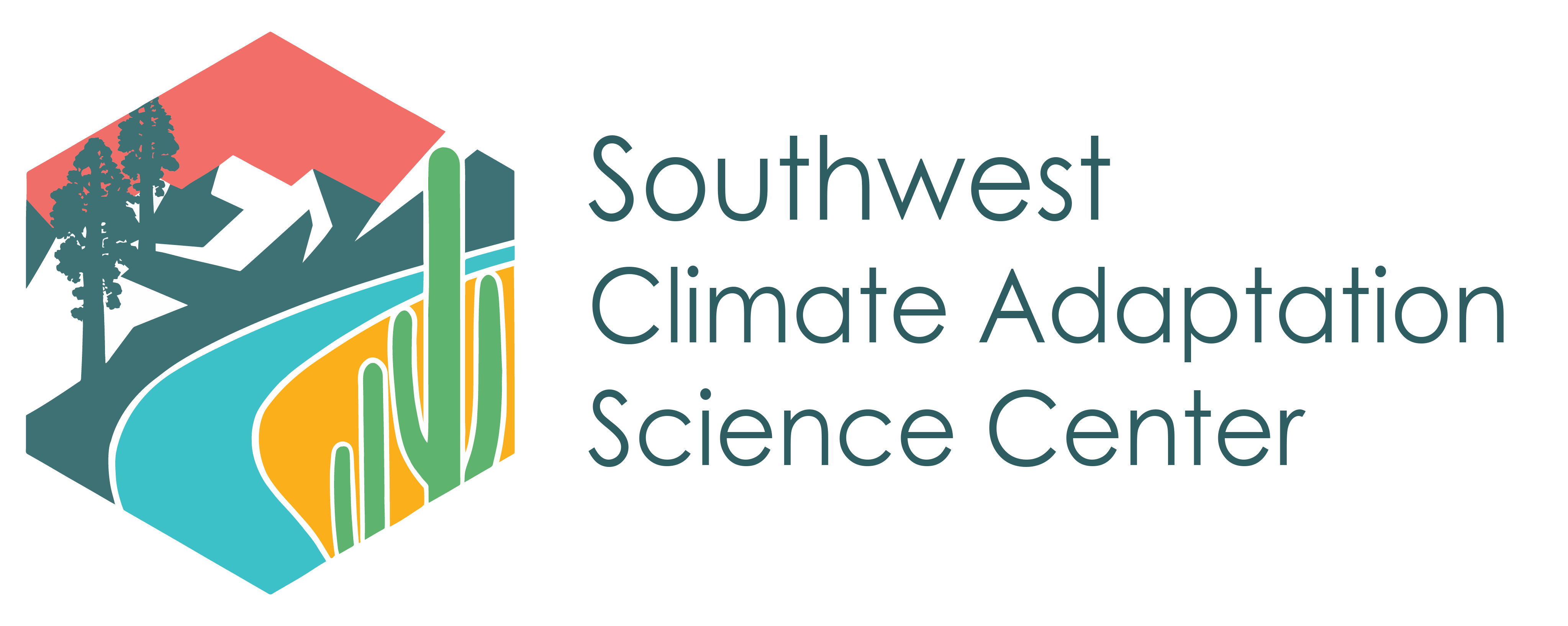When
*Note: this webinar was not recorded due to the sensitive nature of some of the information. We have made most of the presentation slides available, which are linked below.
The Southwest Climate Adaptation Science Center (SWCASC) and the NPS Tribal Engagement and Climate Change workgroup are hosting a webinar series in spring 2022, on the third Thursday of April, May and June 12-1 PDT. The webinars highlight climate adaptation projects partially funded by the SW CASC that are taking place in collaboration with Tribal partners.
Webinar 2: Tribal-Led Renewal of Black Oak Traditions for Climate Adaptation - May 19, 2022
Since time immemorial, black oaks (Quercus kelloggii) have been celebrated and cared for by American Indians throughout California. Traditionally, acorn served as a main food staple and today is still widely sought and celebrated at acorn festivals and tribal gatherings. For numerous decades, black oak research in Yosemite Valley has shown poor sapling recruitment. Restoring tribal stewardship and cultural burning may help preserve black oaks and the qualities they once were renown for, contributing to a more resilient ecosystem. Dean Tonenna will additionally be discussing how the Mono Lake Kootzaduka’a approach land management and why active participation is necessary to preserve this knowledge.
Presenters:
Irene Vasquez works as a cultural ecologist for Yosemite National Park. She is enrolled with the Southern Sierra Miwuk Nation and grew up in Mariposa, CA. After graduating as a first generation student from UC Santa Cruz in 2009 she began working as a wilderness restoration worker seasonally for the National Park Service. In 2017, Irene became a Switzer Environmental Fellow and completed a Master of Science in Environmental Science and Natural Resource Management in 2019 from Humboldt State University.
Dean Tonenna is a botanist with the Bureau of Land Management in Carson City, Nevada. Dean is involved in a variety of conservation projects which include rare plant monitoring, native seed collection, riparian and rangeland health evaluation, and vegetation classification using satellite and aerial imagery. Dean has been brought up in the traditions of his people, the Kootzatukadu, a Native American Tribe, who live in the Sierra Nevada Mountains near Mono Lake and Yosemite. Dean integrates his ethnobotanical knowledge along with his formal training in plant biology and ecology to better manage vegetation resources on public land.

